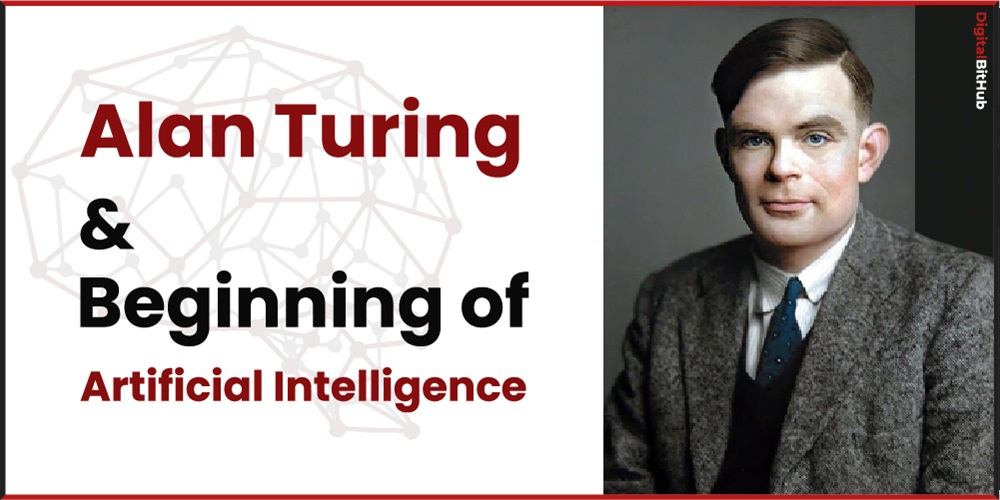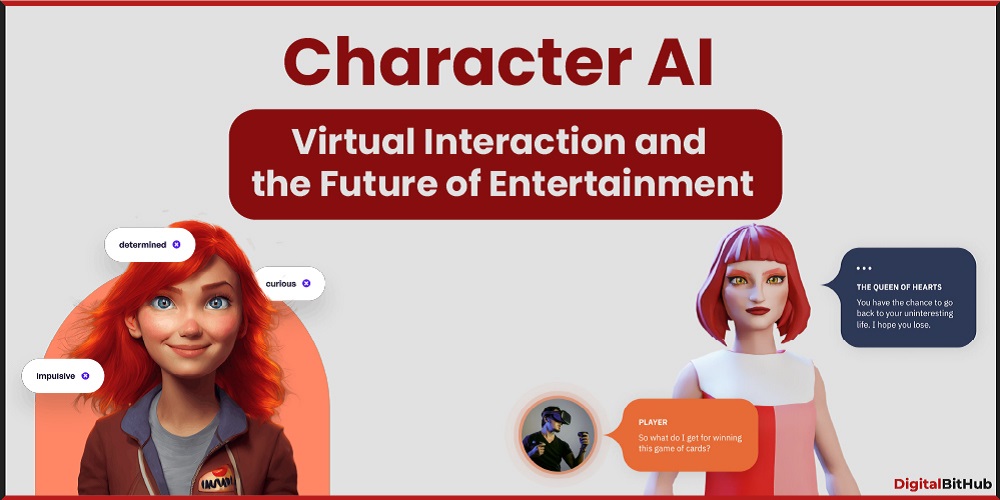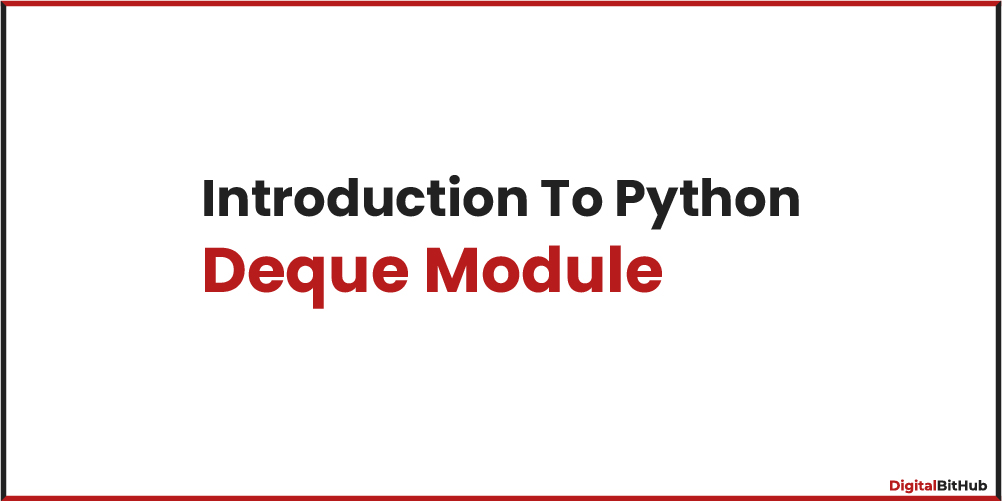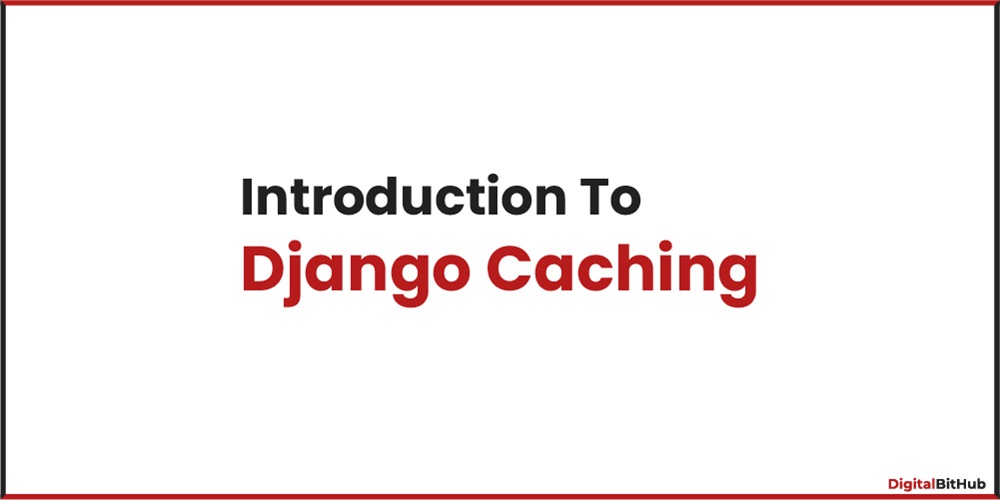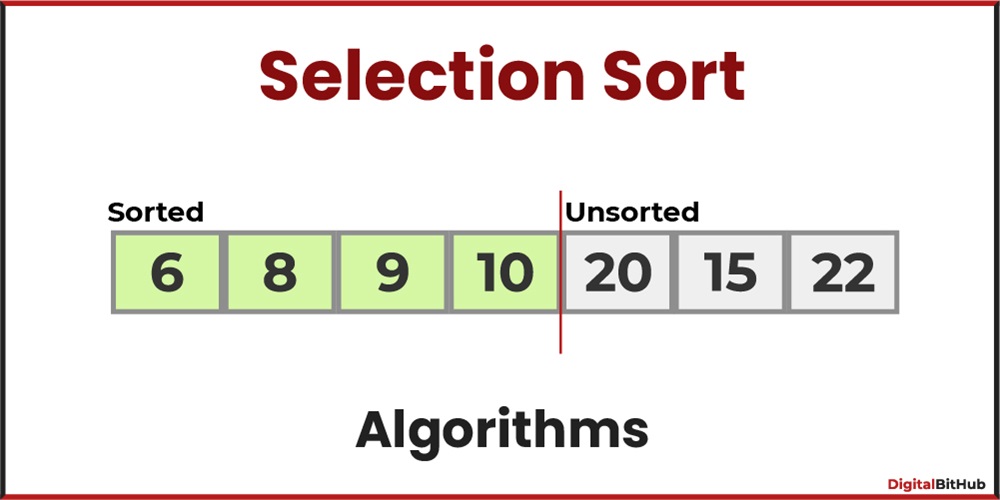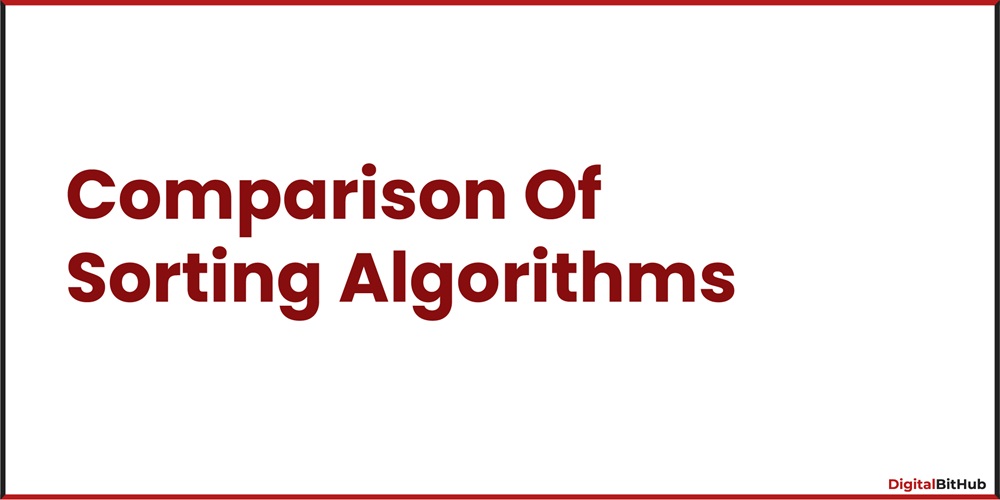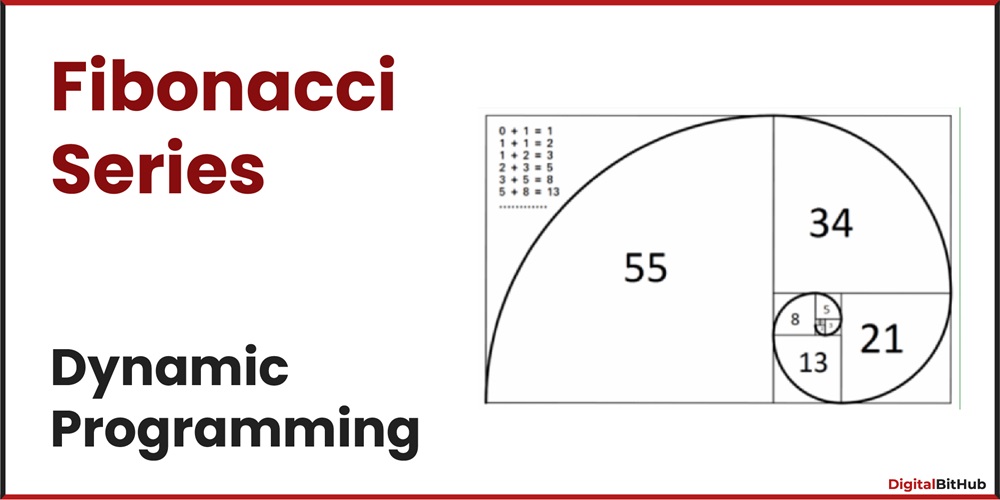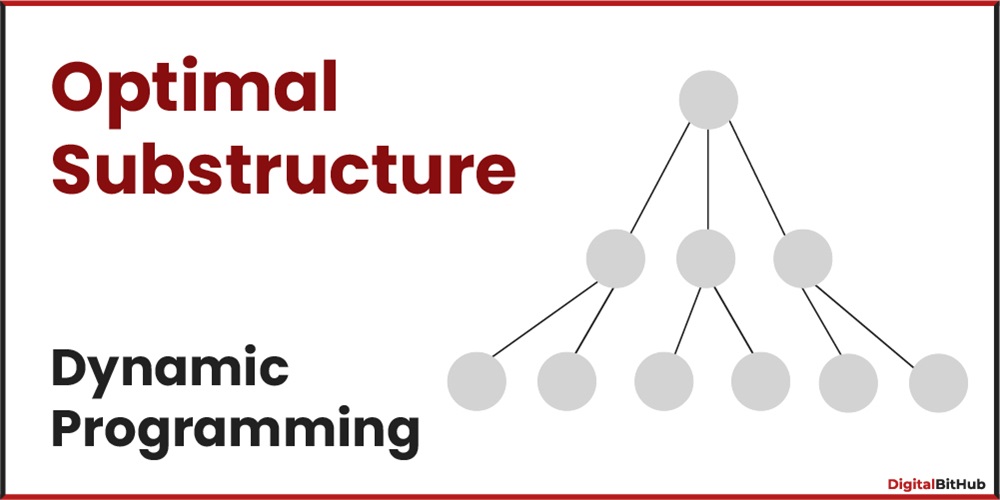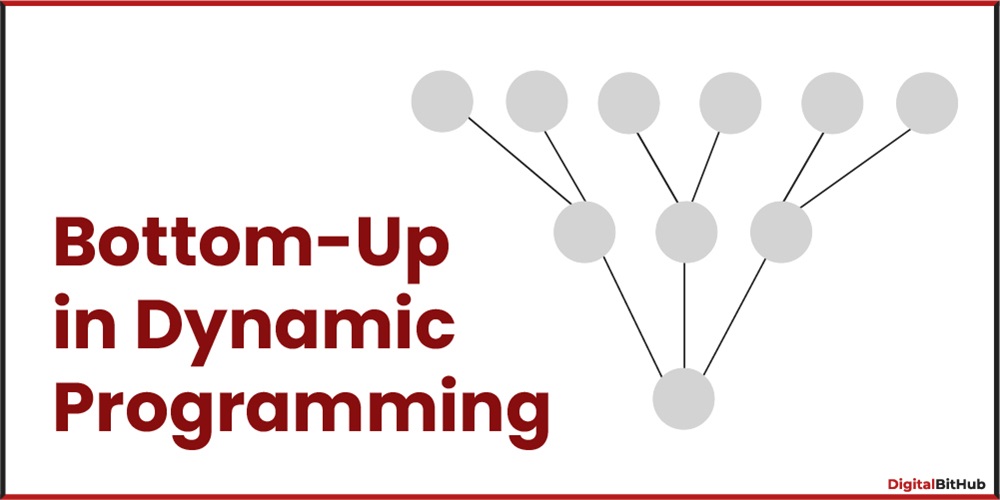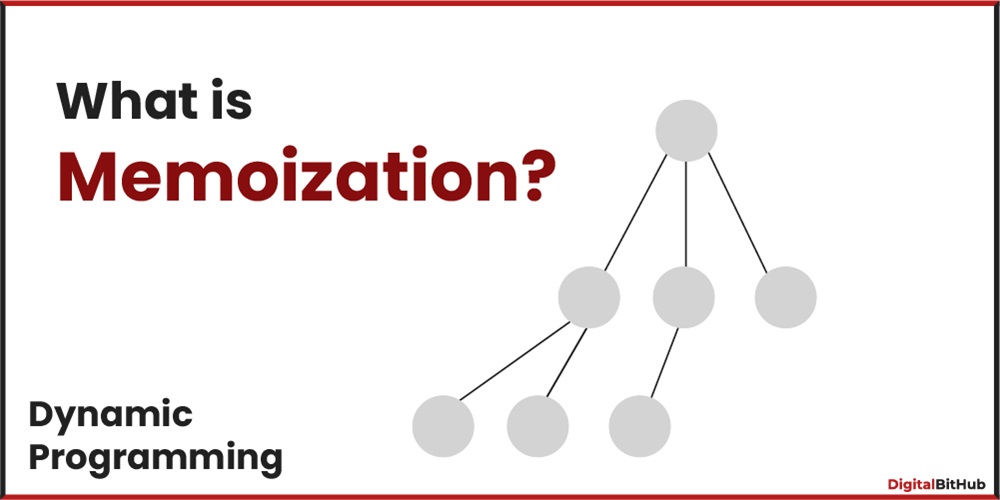Who is Alan Turing?
Alan Turing (1912-1954) was a brilliant British mathematician, logician, and computer scientist who made significant contributions to several fields, including the development of modern computing, artificial intelligence, and cryptography. He is widely recognized for his pivotal role during World War II in breaking the German Enigma code, a task that greatly assisted the Allied forces in their efforts to defeat Nazi Germany.
Theoretical Advancements in AI
Alan Turing played a pivotal role in the early development of artificial intelligence (AI) during the mid-20th century. In 1935, Turing conceptualized an abstract computing machine equipped with boundless memory and a scanning mechanism that traversed through memory, symbol by symbol, reading, and writing symbols back and forth. These actions were governed by a program of instructions stored as symbols in memory. This revolutionary concept, known as Turing's "stored-program" concept, implied the potential for a machine to operate on its own program, leading to the creation of the universal Turing machine, a foundational idea for modern computers.
During World War II, Turing was a prominent cryptanalyst at the Government Code and Cypher School in Bletchley Park, England. It was only after the war ended in 1945 that Turing could devote his attention to the development of a stored-program electronic computing machine. Nevertheless, his thoughts during the war were already focused on the possibilities of machine intelligence. Turing discussed the idea of machines learning from experience and solving new problems through guiding principles, a process now recognized as heuristic problem-solving.
In 1947, Turing delivered a seminal lecture in London where he expressed the desire for a machine capable of learning from experience. He proposed that the machine be able to modify its own instructions, providing the mechanism for learning. In 1948, he further introduced core concepts of AI in a report titled "Intelligent Machinery" although this work remained unpublished, with some of his ideas later being rediscovered by others. For instance, Turing's original idea of training a network of artificial neurons to perform specific tasks is reminiscent of the concept of connectionism in AI.
Exploration of Chess
At Bletchley Park, Turing used chess as a testbed for his ideas on machine intelligence. While it was theoretically possible for a chess-playing computer to exhaustively search through all possible moves, this proved unfeasible due to the astronomical number of potential moves. Heuristics, and guiding principles, became necessary to narrow down the search. Turing experimented with designing chess programs, but the absence of a suitable computer to execute his chess program confined his efforts to theory. The advent of stored-program electronic digital computers was required for the realization of the first true AI programs.
The Turing Test
In 1945, Turing predicted that computers would excel at playing chess, a prophecy that came to fruition in 1997 when IBM's Deep Blue defeated the reigning world champion, Garry Kasparov. However, Turing's expectations that chess programming would shed light on human thought processes were not met. The progress in computer chess was primarily due to advances in computer engineering rather than AI. Deep Blue's remarkable capabilities, including the ability to examine 200 million moves per second and foresee 14 turns ahead, were a testament to this progress.
In 1950, Turing introduced the Turing test as a practical evaluation of computer intelligence, sidestepping the conventional debate on intelligence definition. The test involves three participants: a computer, a human interrogator, and a human foil. The interrogator attempts to identify which of the two, the computer or the human, they are communicating with through written questions and responses displayed on a screen. The computer strives to mimic human behavior and may intentionally mislead the interrogator. If a substantial proportion of interrogators cannot distinguish the computer from the human, it is considered intelligent, according to Turing's test proponents.
In 1991, the Loebner Prize competition began, offering substantial rewards for a computer that could pass the Turing test. However, to date, no AI program has fully met this challenge. In late 2022, there was renewed debate about the Turing test's components being satisfied, with some experts contending that ChatGPT, a large language model, had passed the test, although it remains a topic of ongoing discussion.
To learn more about Alan Turing, you can watch a biography movie called "The Imitation Game".
